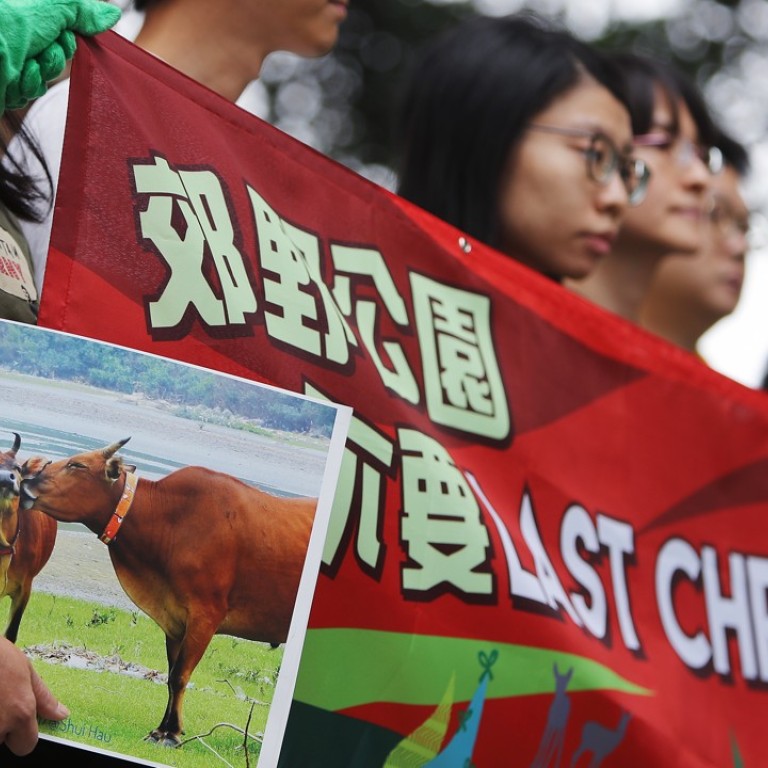
Task force urges Hong Kong to use caution when eyeing country park land for development
Proposals must meet a ‘very high’ threshold should the public and the government agree to develop country park land to curb Hong Kong’s housing shortage
Developing Hong Kong’s protected country parks for housing will have to meet a “very high” threshold, an advisory committee warned on Tuesday, urging the government to “proceed with caution”.
The government-appointed Task Force on Land Supply said all members recognised that country parks are “invaluable assets”.
“There were about 13 million people that frequented the 24 country parks last year. We recognise that if we are going to develop the fringes of country parks, particularly in areas where ecological values are of lesser importance, then the [government] must proceed with caution,” task force chairman Stanley Wong Yuen-fai said at the task force’s meeting.
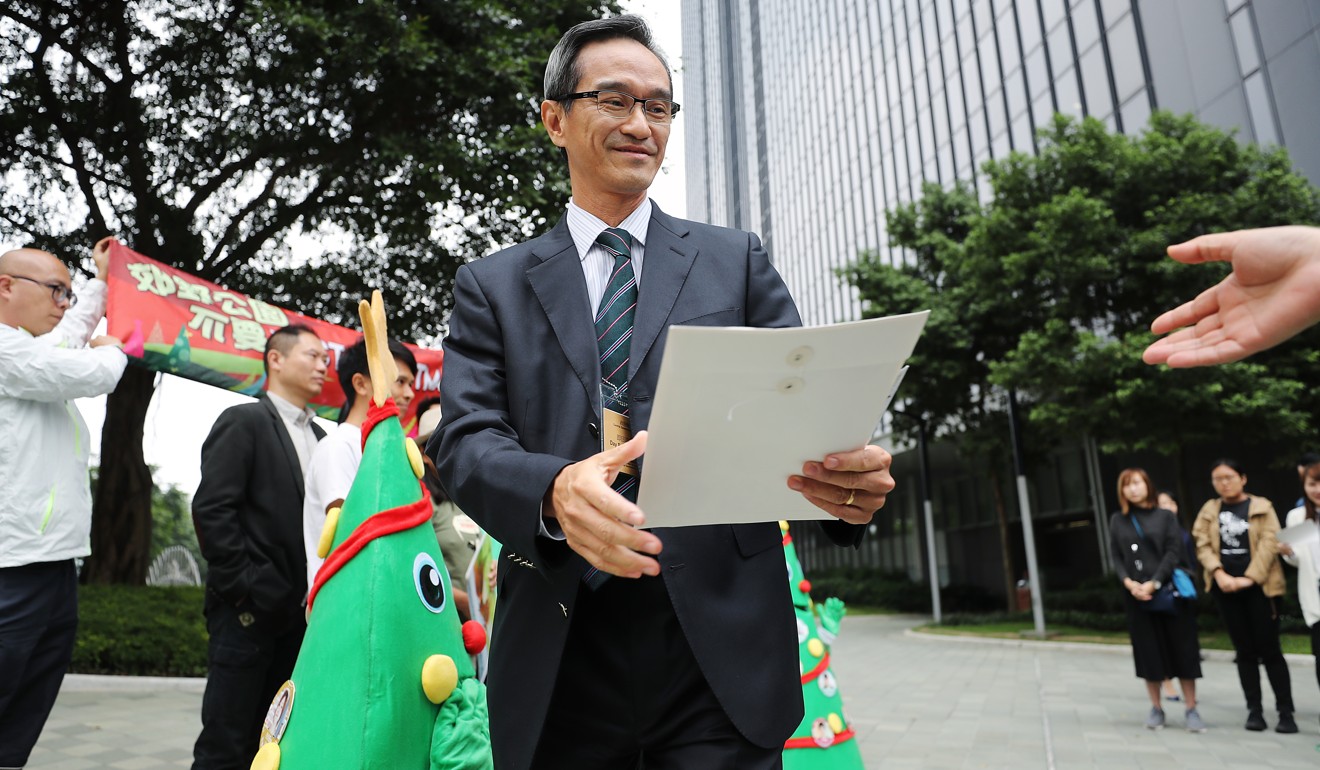
Wong said there was a “very high” threshold the proposal had to meet should the public and the government agree to develop country park land to curb Hong Kong’s housing shortage.
That includes establishing land to be developed has relatively low ecological value, making sure all alternatives to country park land have been exhausted, and identifying measures, if any, to make up for ecological losses.
Study into building on Hong Kong country parks faces scrutiny
The government’s latest assessment shows that using 1 per cent of country park land for housing would free up 40 hectares for 7,500 flats, a source close to the task force said.
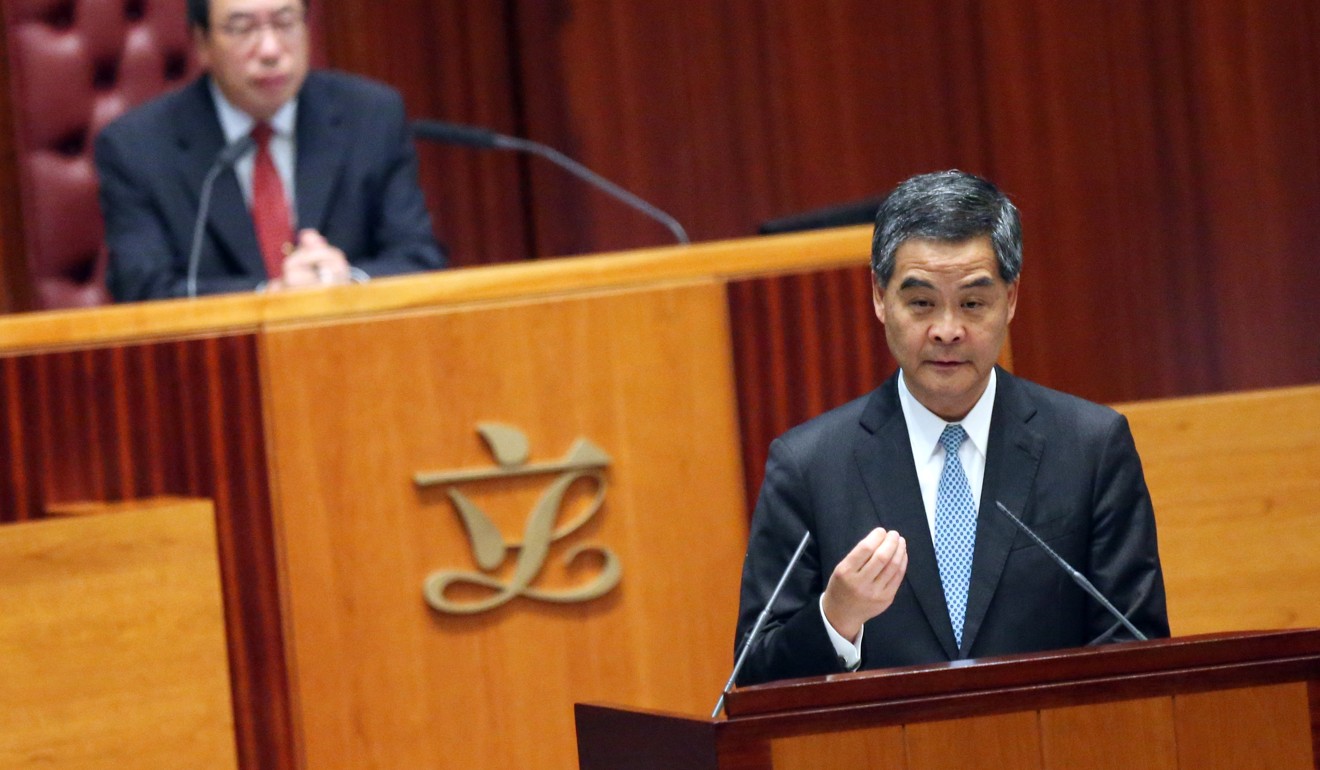
The whole process, including statutory procedures such as environmental impact assessments, gaining approval from the Country and Marine Park Board and the Town Planning Board, would take between 15 to 18 years, Wong said.
The committee also discussed a controversial idea to build homes by filling in Plover Cove Reservoir, the city’s second largest reservoir.
Committee vice-chairman Greg Wong Chak-yan said such a proposal posed even more challenges than developing on the fringes of country parks, since the reservoir was within protected country park areas.
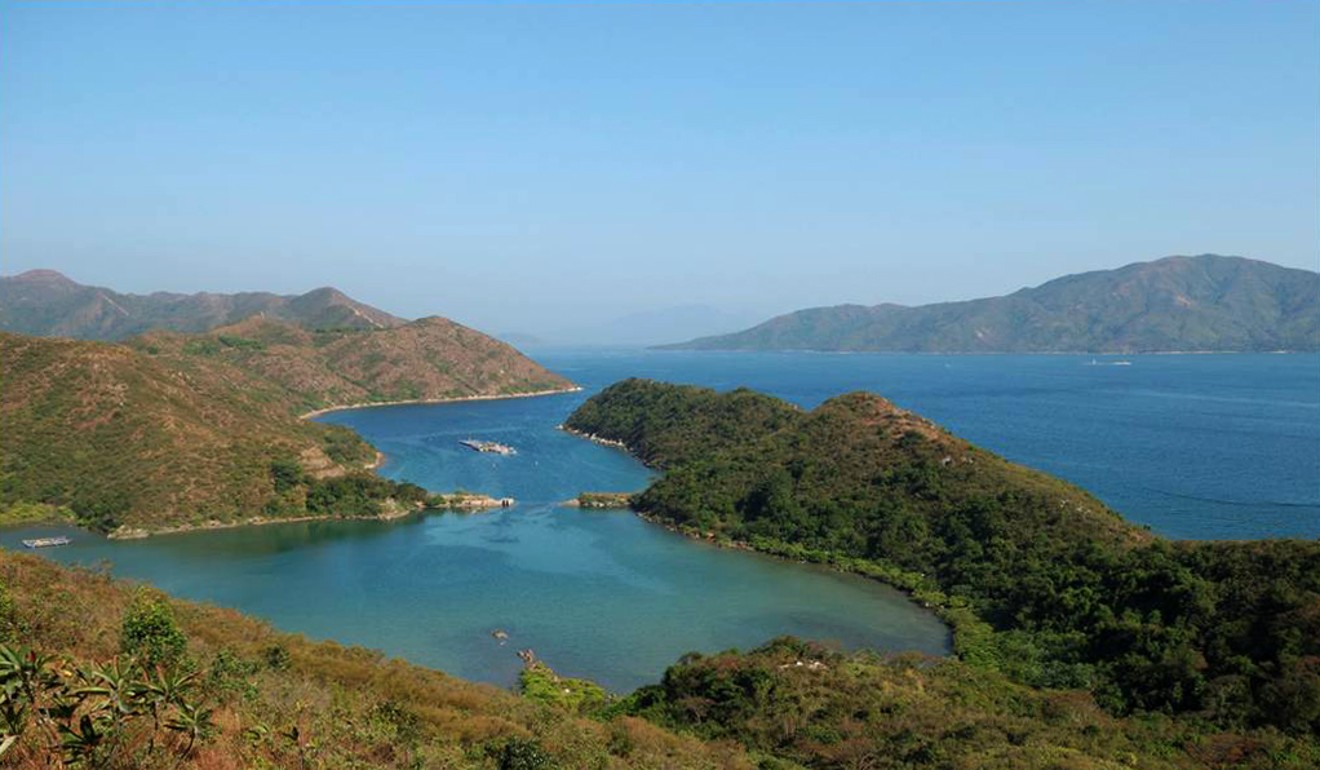
Such challenges include reducing the city’s water security buffer from four to six months, to about three to four months. Hong Kong maintains four to six months’ storage of fresh water in reservoirs in case of any supply disruption from the Dongjiang river, which runs through Guangdong province and accounts for 80 per cent of local needs.
Wong also cited higher ecological losses and the lack of a transport network as considerable challenges the government would have to face in addition to existing ones for developing country parks. It would take more than 20 years to complete.
Before the meeting, a coalition of 14 green groups submitted a petition against any development in country parks to the task force.
Hong Kong environment chief allays fears of developing country parks for housing
Frances Yeung Hoi-shan, senior campaigner for Greenpeace, one of the 14 groups, said the organisation collected within three days signatures and profile pictures from more than 150 citizens of 40 different professions, who opposed developing country parks.
“Protecting country parks is not only the opinion of environmental groups but also the wish of many citizens,” Yeung said.
WWF-Hong Kong, which was not one of the 14 groups, issued a separate statement opposing country park development.
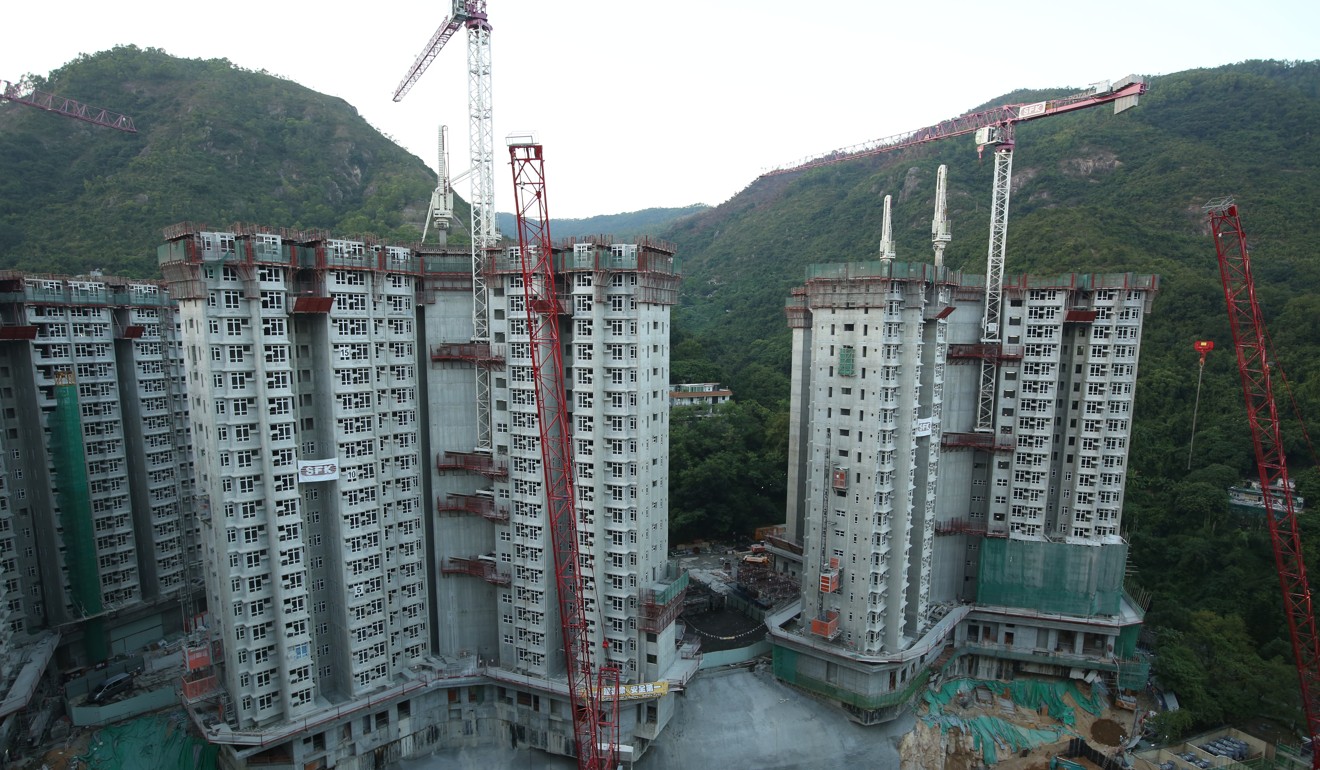
In the statement, the group’s local biodiversity conservation officer, Andrew Chan, urged the government to adopt a “brownfield first” development strategy.
Chan said country parks host an “exceptionally rich biodiversity” with some globally threatened species and species unique to Hong Kong.
The 44,300 hectares of green land also provide clean water and fresh air, regulating the climate and preventing soil erosion, he said.
Why a fight is raging over a proposal to build homes in Hong Kong’s country parks
“There are many poorly-utilised brownfields in the New Territories and unoccupied facilities in and around our city,” Chan said.
“Surely, these are the obvious choices to provide land in a timely manner to address our housing and other social needs. Therefore, WWF-Hong Kong does not see there is any need to undermine our country park system.”
Hong Kong residents will be asked in a public consultation next March if they would support the two proposals along with 13 other options for boost land supply.


